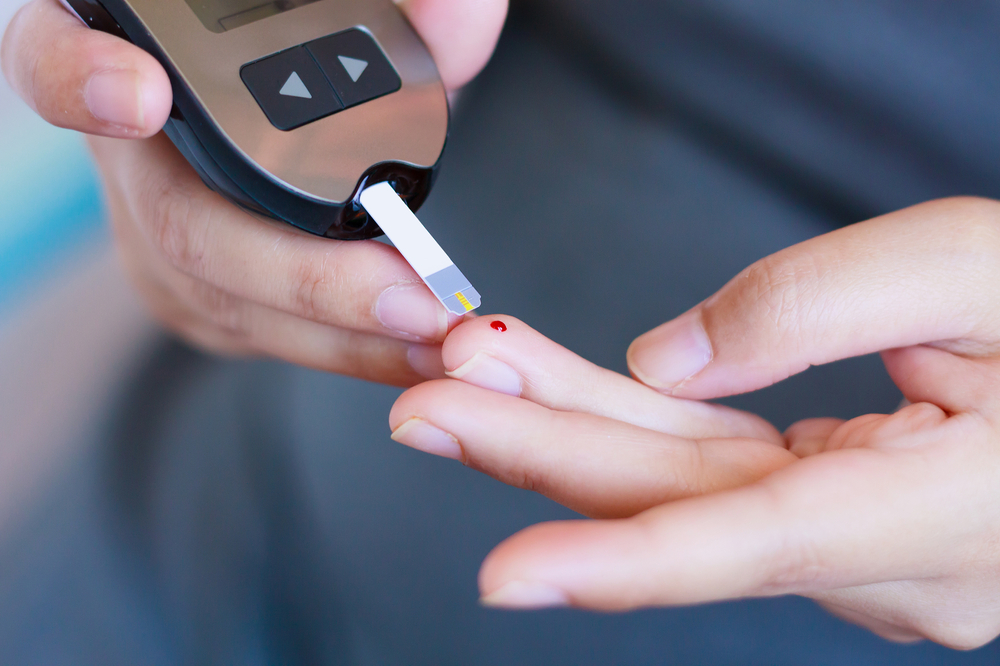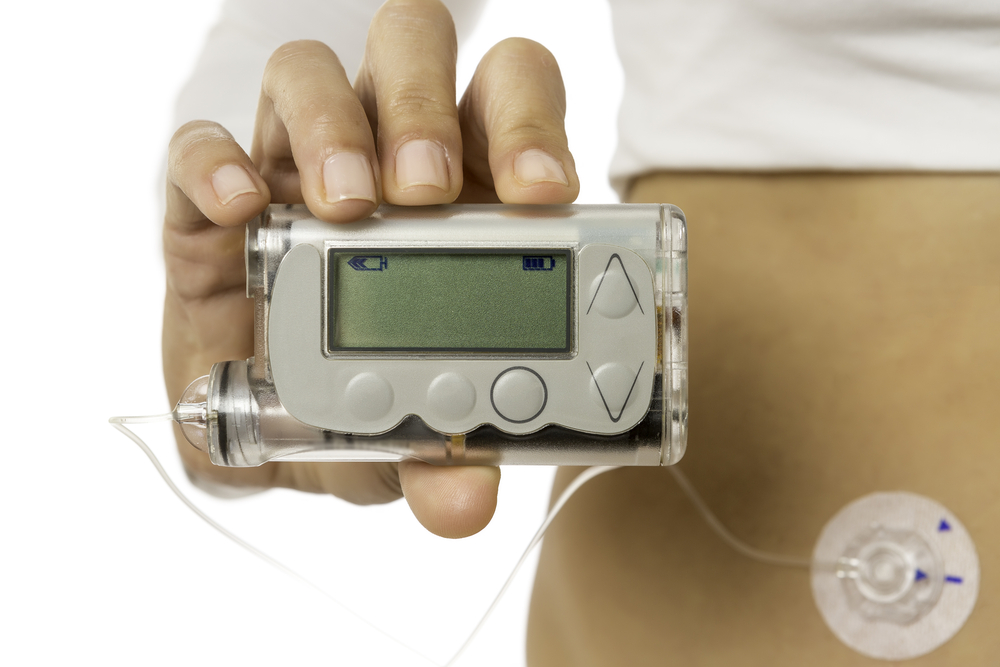Contents:
- Medical Video: Nutritional Health : How to Clean Your Colon by Fasting
- Benefits of fasting for heart health
- Fasting tips to maintain heart health
- 1. Adjust the size of your meal
- 2. Eat more vegetables and fruit
- 3. Choose a source of carbohydrates with whole wheat
- 4. Limit unhealthy fat
- 5. Choose low-fat proteins
Medical Video: Nutritional Health : How to Clean Your Colon by Fasting
Ramadan fasting is known to provide many health benefits. One of the benefits of fasting is maintaining heart health and preventing various attacks of chronic heart disease. Then, how can fasting reduce the risk of heart disease? See the explanation below.
Benefits of fasting for heart health
Research from Intermountain Medical Center Heart Institute explained that fasting can reduce high cholesterol levels and prevent diabetes. Both of these conditions, whether high cholesterol or diabetes can indeed cause heart disease. So, if you have to avoid both risks if you don't want to experience heart disease.
When fasting, the body actually feels hungry and finally experiences stress. This makes the body release more reserve fat to use as an energy ingredient, so that it no longer feels hungry.
Of course this makes the fat pile reduce a lot, so over time the total body fat level decreases. This condition can reduce the risk of plaque formation in blood vessels as the forerunner of heart disease, such as heart attacks and strokes.
Another benefit of fasting is to make the body more 'wise' in using sugar, so that it can prevent the body from experiencing insulin resistance which leads to diabetes mellitus. If the condition of sugar metabolism is well controlled, the body will be far from the risk of heart disease.
Reported on the Mayo Clinic page, people who follow fasting with a healthy diet have better heart health conditions than people who don't. This is allegedly because people who fast regularly will exercise self-control over what they want to eat and drink.
Fasting people tend to control behavior so that weight can also be controlled. If the weight can be controlled, the chances of heart disease getting smaller.
Fasting also has the effect of lowering blood pressure. This controlled blood pressure will save you from the risk of blockages in the blood vessels in the heart.
Fasting tips to maintain heart health
Although fasting can provide benefits for your heart health, but all that you will get if you choose the right meal during fasting.
1. Adjust the size of your meal
How much you eat is as important as what you eat. Use a small plate or bowl to control your meal portion. Make sure all components of the food group are on your plate in the appropriate amount. Vegetables fill half a plate. A quarter of the carbohydrate source and the remaining quarter for the side dishes. Don't forget to include fruits in every dawn or breaking fast.
2. Eat more vegetables and fruit
Vegetables and fruit are excellent sources of vitamins and minerals. Vegetables and fruit are also low in calories and rich in fiber. These ingredients help the body prevent heart disease. Eating more vegetables and fruit also allows you to reduce high-calorie foods.
3. Choose a source of carbohydrates with whole wheat
Whole wheat or whole grains are excellent sources of fiber that play a role in regulating blood pressure and heart health. For example, choose whole wheat flour, whole wheat bread, oats, brown rice.
4. Limit unhealthy fat
Limit the amount of saturated fat and trans fat when breaking fast and dawn. It's very important to help reduce cholesterol in the body. High cholesterol levels can cause plaques in blood vessels called atherosclerosis, which can safely increase your risk of experiencing heart disease such as a heart attack, or stroke.
For example, choose sources of fat from avocados, nuts and seeds, olive oil, canola oil.
5. Choose low-fat proteins
Choose proteins that are low in fat content such as meat without skin or fat, fish, eggs, soybeans, tofu, tempeh, skim milk or low fat. Choosing a low-fat protein source helps your body reduce fat and cholesterol intake which can cause heart disease.












